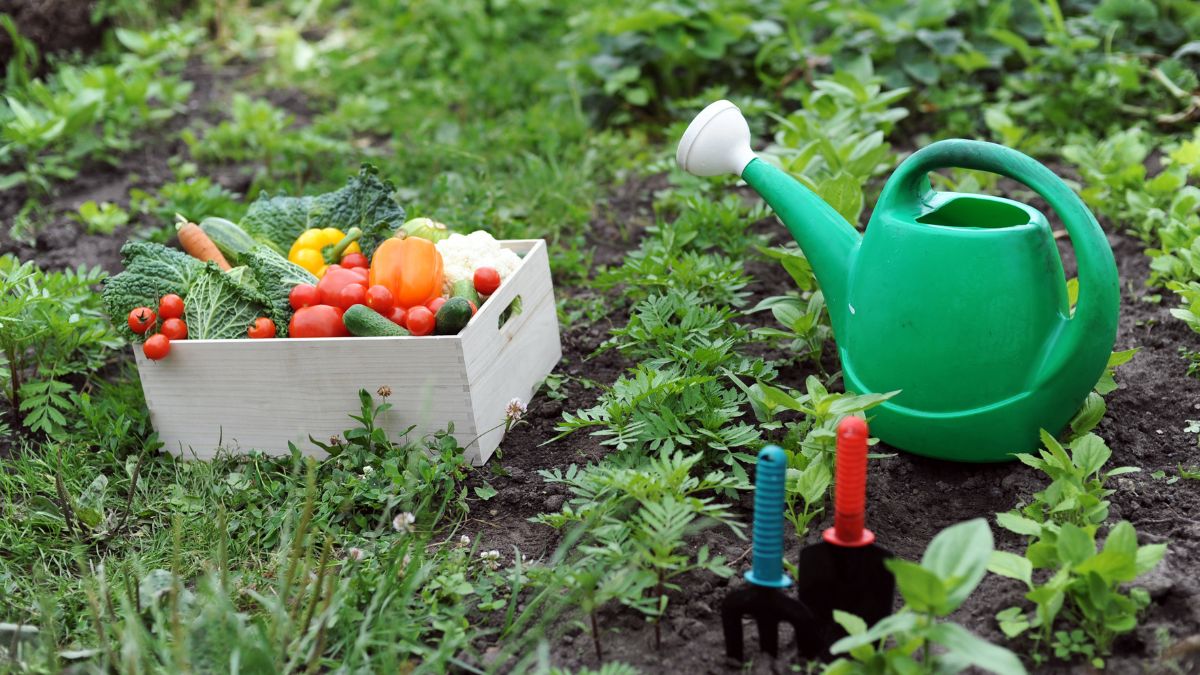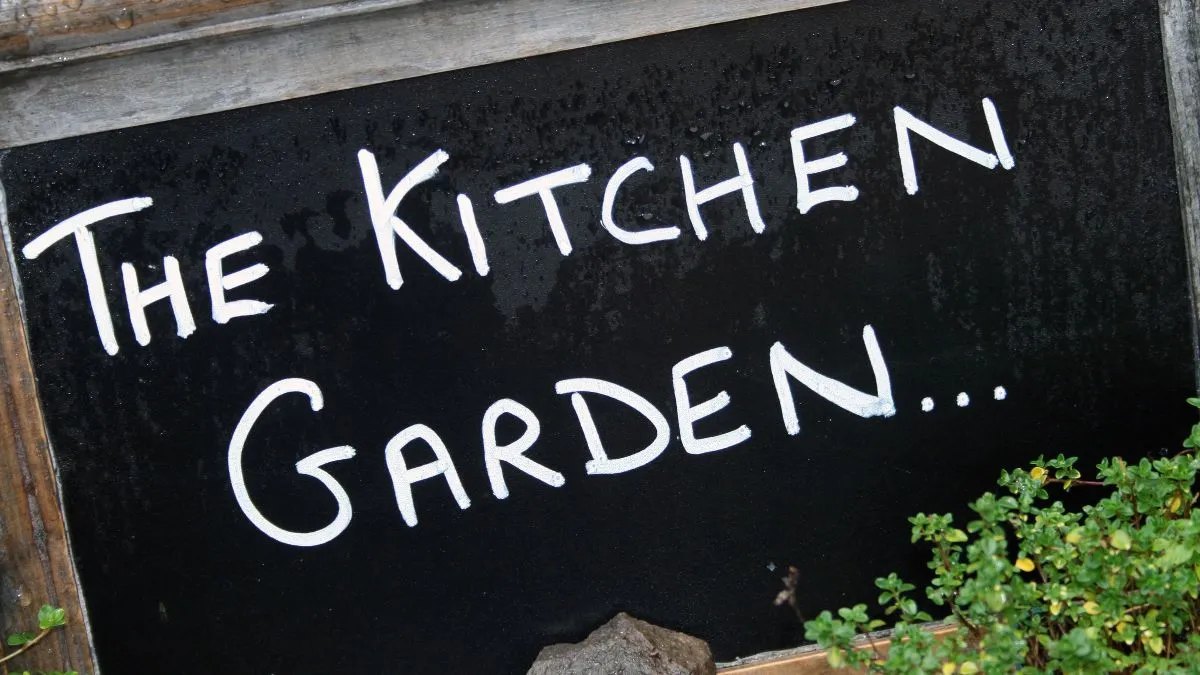- By Bornika Das
- Sat, 28 Jun 2025 10:49 AM (IST)
- Source:JND
Rainy Season Gardening: The monsoon season brings life to the Earth, replenishing the soil of summer with downpour. The abundance of rainwater, softened soil and pleasant temperatures of the rainy season make it a perfect environment to plant the kitchen garden. The soil during the rainy season becomes perfectly primed for planting. Whether you’re a gardening enthusiast or a beginner, you can thrive in kitchen garden preparation by growing your favourite food. As the rains nourish the soil, the garden becomes alive with vibrant greens, crunchy vegetables and an array of colourful flowers. The rainy season gardening is ideal as the abundance of rainfall reduces the need for frequent watering, while the increased humidity and moderate temperatures create the perfect conditions for seeds to germinate and young plants to thrive.
Apart from the favourable climate conditions, monsoon also enhances the fertility of the soil by encouraging microbial activity and improving nutrient absorption. This allows the kitchen garden to grow faster, but also yields healthier, more flavorful produce. Besides, growing your own vegetables during the rainy season is cost-effective and sustainable. This monsoon, enjoy growing a variety of herbs, leafy greens or vegetables and watch your kitchen garden flourish.
Why Monsoon Is Ideal For Kitchen Gardening?
The gentle showers of the rainy season keep the soil moist, reducing watering needs. Usually, the temperature remains between 20°C and 30°C, which helps promote seed germination, while high humidity enhances nutrient absorption. To witness the monsoon garden benefits, ensure proper drainage to prevent waterlogging.
ALSO READ: 6 Fruit & Veggie Peels That Make Powerful Organic Plant Fertilisers
How To Start Monsoon Kitchen Gardening?
Choose Wisely: The location should have 4-6 hours of indirect sunlight and choose an area that is not waterlogged.
Amending Soil: Lightly loosen the soil, add compost, and double-check for drainage.
Seed Or Plant: Follow spacing guidelines for healthy growth and development.
Watering: Depending on rainwater, but make sure there is no excess moisture being retained and waterlogged.
Mulching For Moisture: Use dried leaves or straw for mulching to absorb warming sunlight while retaining moisture.
Pest Control: Use natural deterrents, like neem oil or garlic-chilli spray, to deter pests and protect your plants.
Regular Harvesting: Picking leafy greens and young vegetables at regular intervals will encourage continued yield.

Growing Kitchen Garden In Monsoon Is Ideal (Image Credits: Canva)
Benefits Of Monsoon Season For Plant Growth
Natural Irrigation: Regular rain reduces the need to manually water the plants, thereby saving time and resources. The rain also provides a natural source of water for the plants, ensuring they receive just the right amount of moisture for healthy growth.
Ideal Growing Conditions: Natural rainfall allows for cooler weather and moisture in the soil, which can help germinate seeds and get roots established. The optimal temperature ranges from 25-30°C, during the day and with high enough humidity during the rainy season, the plants will have optimum conditions to grow and flourish.
ALSO READ: Gardening In Summer: 6 Top Vegetables To Plant In Your Kitchen Garden This Season
Natural Pest Balance: The humid environment promotes beneficial organisms that help to diminish harmful pests. This can help reduce your reliance on pesticides and stay within the bounds of ecosystem health and avoid risks from chemicals contaminating your food.
Promotes Soil Fertility: Organic matter breaks down quickly, benefiting the soil and the nutrition of plants. The warm and moist growing season creates microbial conditions that favour the availability of nutrients for plant uptake.
Fresher, Healthier Produce: Fresh vegetables from your garden are fresher, free of chemicals and contain nutrients. Nothing is more satisfying than growing your vegetables with perfect nutritional value and not relying on industrial agriculture systems.

